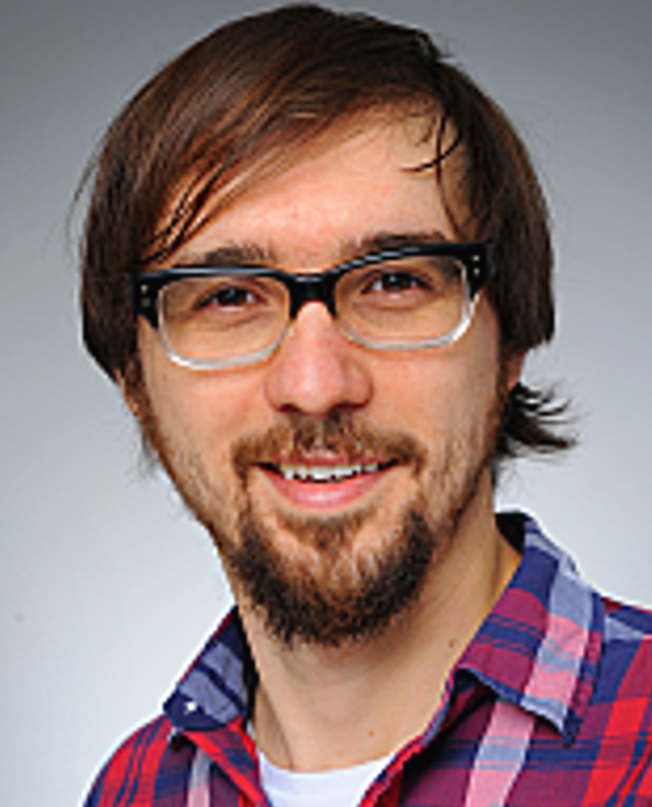Researcher Database

Programs
Exploitation of Oncogenic Mechanisms (EOM)
Cancer Immunotherapy (CI)
Summary
Department of Translational Oncology, Focus on Reverse Translation
Our lab is interested in the molecular processes that shape the evolution cancer cells within the tumor microenvironment during therapeutic stress. We employ patient data and functional genomic tools to discover actionable therapeutic strategies for the treatment of cancer patients.
Our research focus:
The development of precision cancer medicine that aims at the specific inhibition of oncogenic targets boosted the success of translational cancer research over the past years. The identification of novel driver oncogenes such as mutant EGFR in lung adenocarcinoma patients as well as novel therapeutic strategies dramatically changed the therapeutic concepts for the treatment of virtually all cancer types. Despite the unprecedented impact of targeted therapeutics on overall survival of selected patients, the efficacy of targeted therapeutic is limited through the outgrowth of resistant clones in virtually all tumors. Similar processes play a role in the upfront and acquired resistance against immunotherapeutic agents. We are therefore committed to identify molecular nodes that could potentially boost the activity of these drugs by amplifying the innate and adaptive immune response against cancer cells.
Our approach:
To uncover the cellular networks that modify drug activity we employ CRISPR-based gain- and loss-of-function experiments including genome-wide screens, bulk and single cell sequencing and pharmacologic perturbations. To capture the individual characteristics of lung cancer and other tumors we employ cellular models, organoids and genetically engineered mouse models. Moreover, we combine innovative molecular cell biology technologies with cutting-edge computational biology methods in order to make an impact on the development of novel cancer therapies.
DKTK Junior Group Leader for Cancer Systems Biology
Single-cell approaches have not only revealed a wide variety of cell states, characterized by cells exhibiting striking differences in their transcriptional profile, but have also illuminated the mechanisms underlying state transitions in health and disease. Cellular plasticity and adaptive state changes have recently emerged as a basis for therapeutic resistance in cancer, and a better understanding of how cell state transitions are regulated is critical to develop therapeutic approaches that can overcome therapy resistance.
Our research focuses on understanding the mechanisms driving non-genetic cellular heterogeneity and therapy resistance in malignancy. Using novel single-cell sequencing approaches, we seek to develop new experimental and computational strategies to define altered cell states in both, cancer and immune cells. Our aim is to leverage a data driven strategy combined with single cell genomics and systems biology to address the challenges posed by heterogeneity in cancer, and to develop new strategies to overcome it, with the aim of translating laboratory-based findings into the clinic.